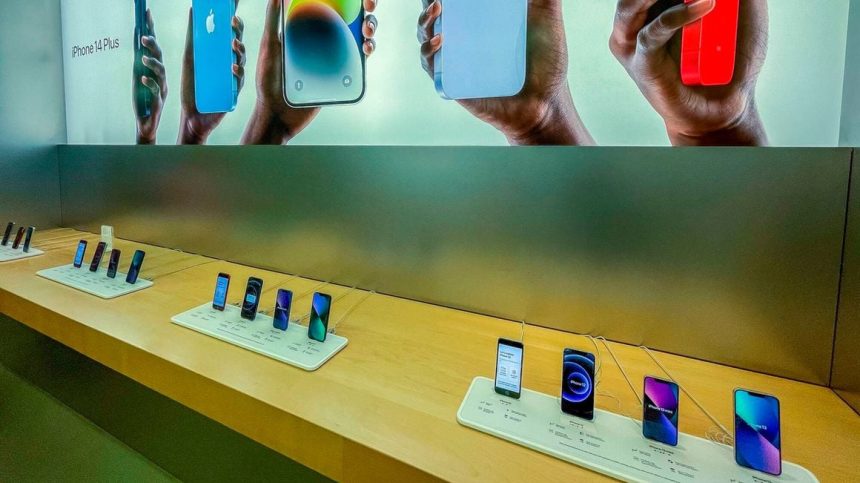Many young Kenyans have acquired high-end smartphones by paying for them in instalments. The older generation would have called this hire purchase. But the new generation financiers call it Buy-Now-Pay-Later (BNPL).
BNPL is a type of short-term financing where consumers can pay for items over time after an up-front payment.
On Tuesday, two BNPL products were launched with consumers grappling with sky-high inflation being offered options of buying some assets but paying in instalments.
“In Kenya with the high taxes, the net disposable income will be impacted most. So, it is important for consumers to have options to make payment over a period of time,” said Shehryar Ali, country manager for East Africa at Mastercard, a payment service provider.
Mr Ali’s MasterCard teamed up with a BNPL company Lipa Later to unveil a short-term financing product that targets largely merchants.
On another end, Craft Silicon, a technology firm that also owns ride-sharing company Little, launched its own version of BNPL they described as Get Now Pay Later (GNPL).
Last week, Safaricom unveiled its zero-interest credit service for the purchase of goods for up to Sh100,000. The service will enable more than 32 million Safaricom’s customers to buy on credit from businesses on the telco’s Lipa Na M-pesa platform.
Customers will be able to make purchases of between Sh20 and Sh100,000 at zero interest and complete the payment within 30 days.
Lipa Later, which secured a Sh1.36 billion capital injection from a consortium of investors, last year partnered with Telkom to enable Kenyans to acquire smartphones on credit.
Through this partnership, consumers have been able to access select phones from brands such as iPhone, Nokia, Oppo, Realme, Tecno, Ulefone, Vivo, Xiaomi, Huawei, Bontel and Itel.
Unlike credit cards that attract interest on their balance, BNPLs are interest-free.
However, there is a catch: A customer ends up paying more for the product than if they were paying for for it instantly.
MasterCard, known for its deployment of physical credit cards around the world reaching more than 85 million merchants, would like to see the service it launched with Lipa Later as a form of virtual credit card that rides on mobile phones.
Spotit only targets customers with bank accounts, a feature that not only encourages financial inclusion but also addresses concerns about potential defaulters.
“Addressing concerns about potential defaulters, Spotit emphasises that the GNPL product targets existing customers within the banking ecosystem, ensuring a carefully considered scoring process,” Craft Silicon said in a statement.
“Furthermore, the facility will be collateralised, enabling efficient repossession in the event of default, with the cooperation of partner merchants.”
While credit scoring by Spotit is through the already established channels by commercial banks, MasterCard and Lipa Later said they will rely on machine learning to weed out defaulters.
Defaults have been a major cause of concern, with a lot of Kenyans falling behind in servicing their digital loans, including Fuliza, an overdraft facility.
Increased uptake of BNPLs can appear like a credit card moment for Kenya, where uptake has been low.




